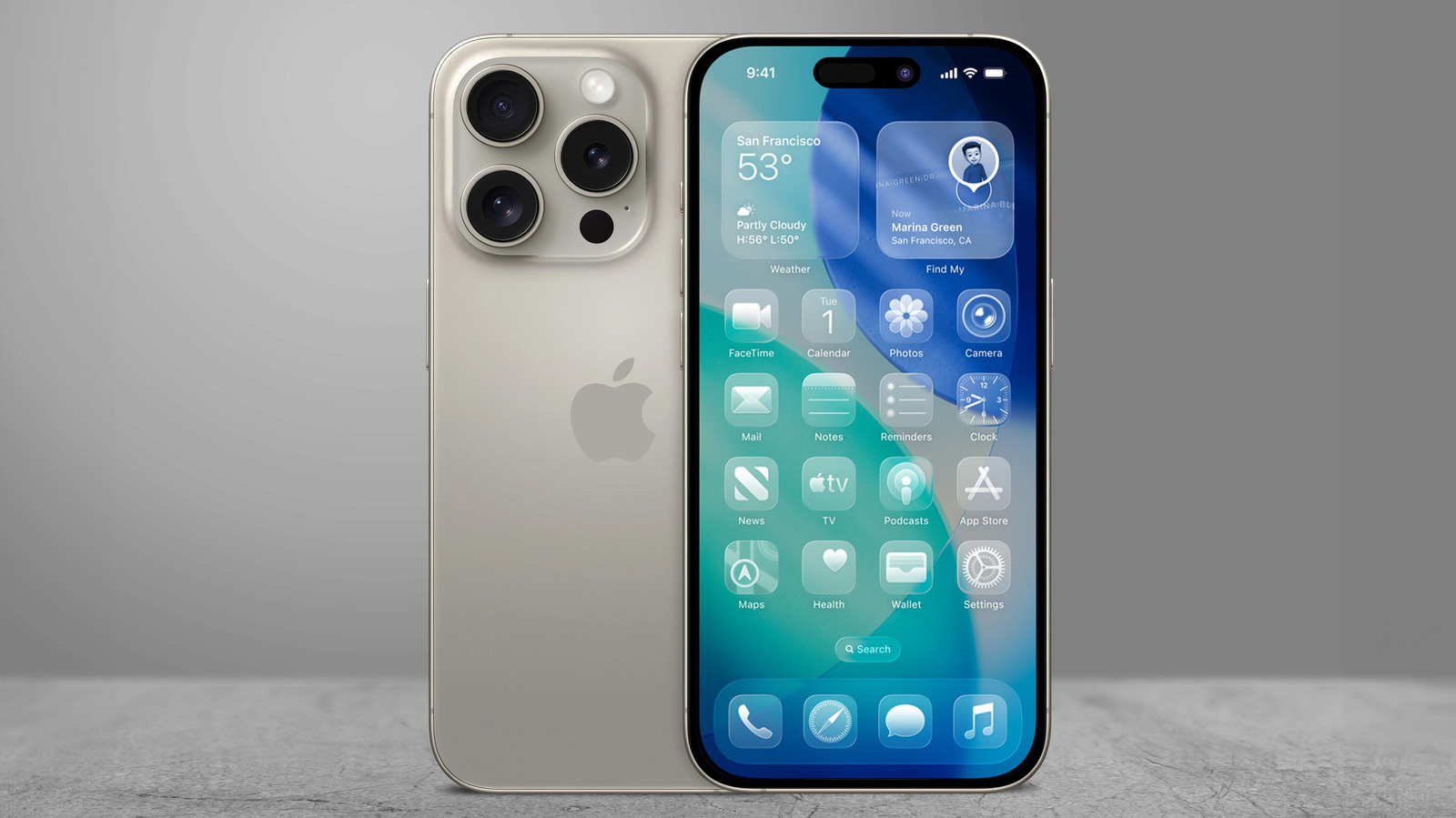The latest Android Studio Narwhal 3 Feature Drop introduces enhancements aimed at boosting developer productivity, including support for resizable Compose previews, new app Backup & Restore tools, and expanded Gemini capabilities such as automatic code generation from UI screenshots.
To help developers customize Gemini’s behavior on a per-project basis, Android Studio now supports AGENTS.md Markdown files where teams can define project-specific context, including instructions, coding style rules, and other guidance. Each directory can have its own AGENTS.md file for more granular control, and the shared files make it easy for teams to align on the same context.
Two other new features are Image Attachment and the @File Context, which makes it easier to include images or entire files in queries. For example, developers can attach images for a UI mock-up and ask Gemini to generate the Compose code that implements it, ask it to help understand the UI structure and data flow from a screenshot, or suggest a UI fix or improvement based on a circled area in a screenshot. As Google product manager Paris Hsu explained, early adopters of image attachment reduced the time required to implement their user interface by 40% .
By uploading screenshots of Figma designs, Gemini produced the UI structures they needed to build entire screens in minutes. Gemini played a key role in revamping the platform’s Sign-Up flow, for example […] Over time, this approach became a standard part of their prototyping process, with the team reporting 40% reduction in average UI build time per screen.
On the other hand, attaching a file to a prompt helps extend the context so Gemini can provide more accurate and relevant answers. To make this easier, Android Studio now displays a list of candidate files for inclusion whenever you prefix a word with the @ symbol.
Still on the AI integration front, the latest Android Studio feature drop adds support for the MCP protocol, enhancing interoperability with external tools. José Alcérreca, developer relations at Google, demostrated how Gemini can fetch a list of issues assigned to you using GitHub’s MCP server and even have it suggest an implementation. assigned to you from GitHub’s MCP server and even suggest implementations. He stressed that GitHub is just one example within a growing ecosystem of tools, but advised disabling MCP support if you are not using it, since it may unnecessarily inflate Gemini’s context.
Several other new features aim to simplify app optimization, improve project organization, and ensure compliance. These include support for app backup and restore, automatic inspection of Proguard rules to flag overly broad ones, and a better developer experience for large projects. Notably, Android Studio now makes it much easier to test an app’s backup and restore functionality, which is critical to ensuring a smooth transfer experience for users moving to a new device.
As a final note, it is worth mentioning the new resizable compose preview, which makes it much easier and faster to get feedback on how well an app adapts to different screen sizes.








